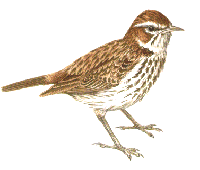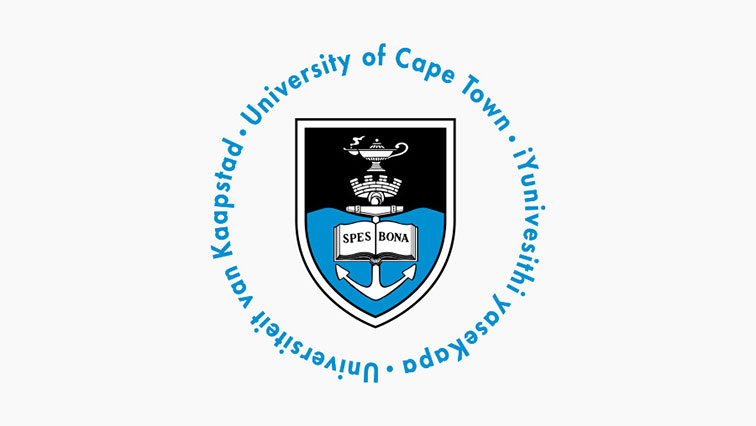
Temitope Rebecca Adelola
BSc Forestry and Wood Technology (Federal University of Technology, Akure, Nigeria)
Temitope feels that her understanding and appreciation of the earth’s biodiversity only materialized when she entered university. There she was privileged to study Forestry and Wood Technology for her undergraduate degree at the Federal University of Technology Akure, Nigeria. During her undergraduate studies, she served at the International Forestry Student Association which opened her understanding to the damage caused by humans on the ecosystems in her country. This spiked her love for nature, and initiated her being active in conservation issues. Her undergraduate field work, which included visits to forest and national parks e.g. the Okomu National Park, improved her awareness of wild animals, and her understanding of the role of forests in biodiversity conservation. This led to her favourite TV channel becoming NatGeo Wild. In her final year, she co-founded an NGO ‘EdenWorld Initiative” acting on SDG 13 (Climate action) and SDG15 (Protection of life on land) which inspires youth to take action for nature through knowledge sharing, capacity building and landscape restoration projects. At the completion of her undergraduate program, she proceeded to work as a research assistant with the Forestry Research Institute of Nigeria for a year, and as a biodiversity project coordinator with the World Ecological Concept (which focuses on nature management and green jobs empowerment). Additionally, she volunteers with the Global Landscape Forum which is committed to achieving the SDGs and Paris Climate Agreement. Following her love for nature, she has decided to buttress her knowledge in the understanding of some earth species and their impact in the ecosystem.
Temitope’s research at the Fitz will focus on understanding the ecology of Pied Crow and their potential impacts on biodiversity in arid areas of South Africa, under the supervision of A/Prof Robert Thomson and A/Prof. Arjun Amar.
Her thesis will focus on three main questions:
1) How does access to anthropogenic food supplies, for example dumps and road-kill explain the breeding densities and reproductive output of pied crows?
2) What are the home ranges and ranging behaviours of breeding and non-breeding pied crows?
3) How does pied crow predation impact breeding success of species within an important bird area, the Berg River estuary?

